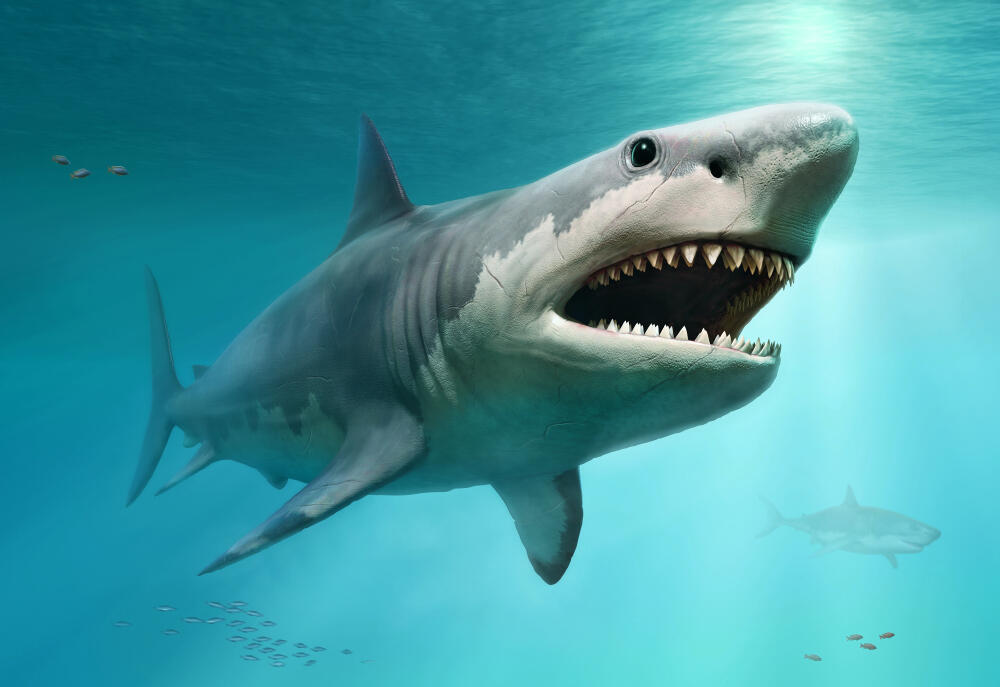Getting your Trinity Audio player ready...
Researchers from Brazil's Oswaldo Cruz Institute found traces of cocaine and its metabolite in the muscle tissue and livers of Brazilian sharp nose sharks captured off the coast of Rio de Janeiro.
The levels of cocaine found in the sharks were up to 100 times higher than previously reported in other marine animals.
This is the first study to detect cocaine in free-ranging sharks, raising concerns about the potential impact of drugs dumped into the ocean on marine life.
The main sources of cocaine in the water and sharks are believed to be raw sewage, illegal drug production and trafficking.
This article was written in collaboration with Generative AI news company Alchemiq
Sources: Washington Times, Washington Post, The Guardian, PopSci, NPR, Vice, Forbes, Independent, USA Today, CNN, National Geographic, CBS News, Fox News, NY Post, Sky News, The Sun, Gizmodo, Israel Hayom, ABC, Yahoo.


